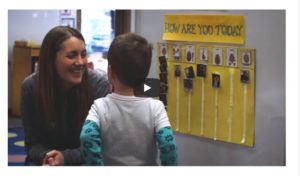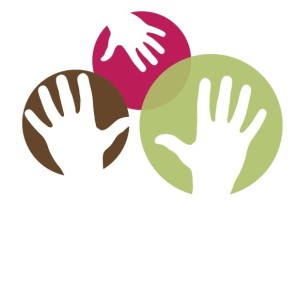 Sharing will enrich everyone
Sharing will enrich everyone
with more knowledge.
~Ana Monnar
This first issue of the March Buzz brings you resources for your Parent Center knowledge base and three resources that can be readily shared among staff and with the families you serve.
Our best to you all,
The CPIR Team | Debra, Lisa, Jessica, Ana-Maria, and Myriam
___________________________
Resources for Parent Centers
Prevalence of Adverse Childhood Experiences, Nationally, by State, and by Race or Ethnicity
Adverse childhood experiences (ACEs) are potentially traumatic experiences and events, ranging from abuse and neglect to living with an adult with a mental illness. This brief from Child Trends uses data from the 2016 National Survey of Children’s Health to describe the prevalence of one or more ACEs among children from birth through age 17. The study team estimated the national prevalence of 8 specific ACEs and compared their prevalence across states and differences by race/ethnicity.
Video | Educating Young Children with Disabilities
This 6-minute video is a little gem posted online by the Wisconsin Department of Public Instruction. It features parents and educators from a local Wisconsin school district talking about their journey of inclusion for students with IEPs in early childhood educational settings.
Resources for Sharing with Families
The Resilient Caregiver
Parents of children with disabilities and special healthcare needs face both the reality of raising any child and the reality of the additional responsibilities that come from raising children with special needs. This article from e-Parent discusses why it’s so important for caregivers to take care of themselves and gives valuable suggestions and tips.
Evaluation Rights: What You Need to Know
Getting your child evaluated for supports at school is a process. And you and your child have legal rights every step of the way. This article sums up 11 important legal rights to know if you’re considering having your child evaluated. Also available in Spanish (Derechos legales en el proceso de evaluación: Lo que necesita saber).
What is a Non-verbal Learning Disorder?
When we think of learning disorders, we tend to think of dyslexia and other disorders involving language–that is, kids who have trouble decoding language and learning to read. But there is another, less well-known type of learning disorder that’s not about verbal communication–hence, it’s called non-verbal learning disorder. Learn more in this first article in a planned series from the Child Mind Institute.
Reminder | Public Comments, Please:
Implementation Dates for Disproportionality Regs
ED’s Notice of Proposed Rulemaking
To ensure the Department’s “significant disproportionality” regulations effectively address this serious issue, the Department of Education is proposing to postpone the compliance date by two years, from July 1, 2018, to July 1, 2020. The Department also proposes to postpone the date for including children ages 3 through 5 in the analysis of significant disproportionality with respect to the identification of children as “children with disabilities” and as “children with a particular impairment” from July 1, 2020, to July 1, 2022.
Read the proposed new rule and see where to submit your public comments.
Deadline for submitting comments: May 14, 2018
Back to top
___________________________
The CPIR hopes that you’ve found useful and relevant resources listed in this month’s Buzz from the Hub. Please feel free to write to the editor, Lisa Küpper, at lkupper@fhi360.org to suggest the types of resources you’d like to see in the future. CPIR is listening! Your input is extremely valuable to helping us to craft newsletters that support your work with families.
Debra, Myriam, Jessica, Ana-Maria, and Lisa
The CPIR Team
____________________________________________________________
 This eNewsletter from the CPIR is copyright-free.
This eNewsletter from the CPIR is copyright-free.
We encourage you to share it with others.
Center for Parent Information and Resources
c/o SPAN, Inc.
35 Halsey St., Fourth Floor
Newark, NJ 07102
http://www.parentcenterhub.org/
Subscribe to the Buzz from the Hub.
See past issues of the Buzz.
____________________________________________________________
Publication of this eNewsletter is made possible through Cooperative Agreement H328R130014 between OSEP and the Statewide Parent Advocacy Network (SPAN). The contents do not necessarily reflect the views or policies of the Department of Education, nor does mention of trade names, commercial products, or organizations imply endorsement by the U.S. Government or by the Center for Parent Information and Resources.

